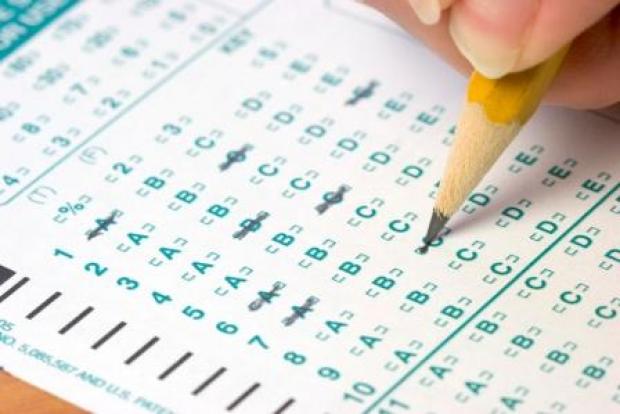Standardized testing is a type of exam that is scored to interpret a certain standard in a predetermined manner. This type of testing has been around in America since the mid-1800s. Since COVID-19, standardized testing has become a very controversial topic because colleges stopped relying entirely on tests like the SATs. Colleges that drop standardized tests like the SAT may become less popular because many students and families view these tests as a clear, objective way to assess academic ability, and their absence can create uncertainty about how applicants are evaluated. Additionally, colleges may face criticism for a less transparent and more subjective admissions process without standardized tests. This could impact their perceived competitiveness.
With the world coming back to normal, however, many schools are starting to take these tests seriously again and want to bring them back permanently. Whether these tests determine a student’s capability is debatable…but does it mean we should remove them entirely?
There are many pros to standardized testing, which is why this method of exams has been popular for years. Standardized testing is a tool for schools to use to see how students are doing academically. These exams provide data that can compare the different scores for different topics and allow schools to see which areas students need more assistance in. They can also offer a curriculum-based program for each grade level. This means that students who take these tests will be tested on whether they understand the material given to them throughout their courses. Although these exams are intense, they allow the student to develop and see in which areas they need improvement, and scoring well on these exams is definitely a confidence booster!
While there are many benefits to this method of exams, the cons are significant and need to be addressed thoroughly. In my opinion, the biggest issue with these tests is that teachers often focus on preparing students for the specific exam rather than helping them in the areas they struggle with. The curriculums also tend to move at a faster pace so teachers can cover everything that will be seen on the exam. This fast-paced type of learning is not suited for everyone. Doing well on an extended test should not determine a person’s skills or abilities, but unfortunately, not performing well on these exams tends to lower the confidence of most students. Although there is an option for retakes (for example, the SAT or Regents retakes), the previous grade the student received on that particular exam can set this mindset of not feeling like they are smart enough or did not prepare well enough to do well. Unfortunately, many colleges look at or require these examination scores to determine a student’s academic capabilities, which is not always the best way to judge a student’s skills.
Measuring a student’s skills requires different types of resources, whether they be physical copies of their grades and tests or their personality and extracurriculars. I do not think standardized tests should be permanently banned because they provide a good insight into specific topics students need more time with. However, the expectations of getting the “perfect” exam score have become more toxic over the years and need to be addressed. Frankly, judging someone based on one test is unfair and unrealistic to the student. It undermines the other successes the student has had and puts this judgment on them, which can make or break their future. It’s important not to look at these tests as a value judgment of a person but as helpful data that can allow the child to improve.

